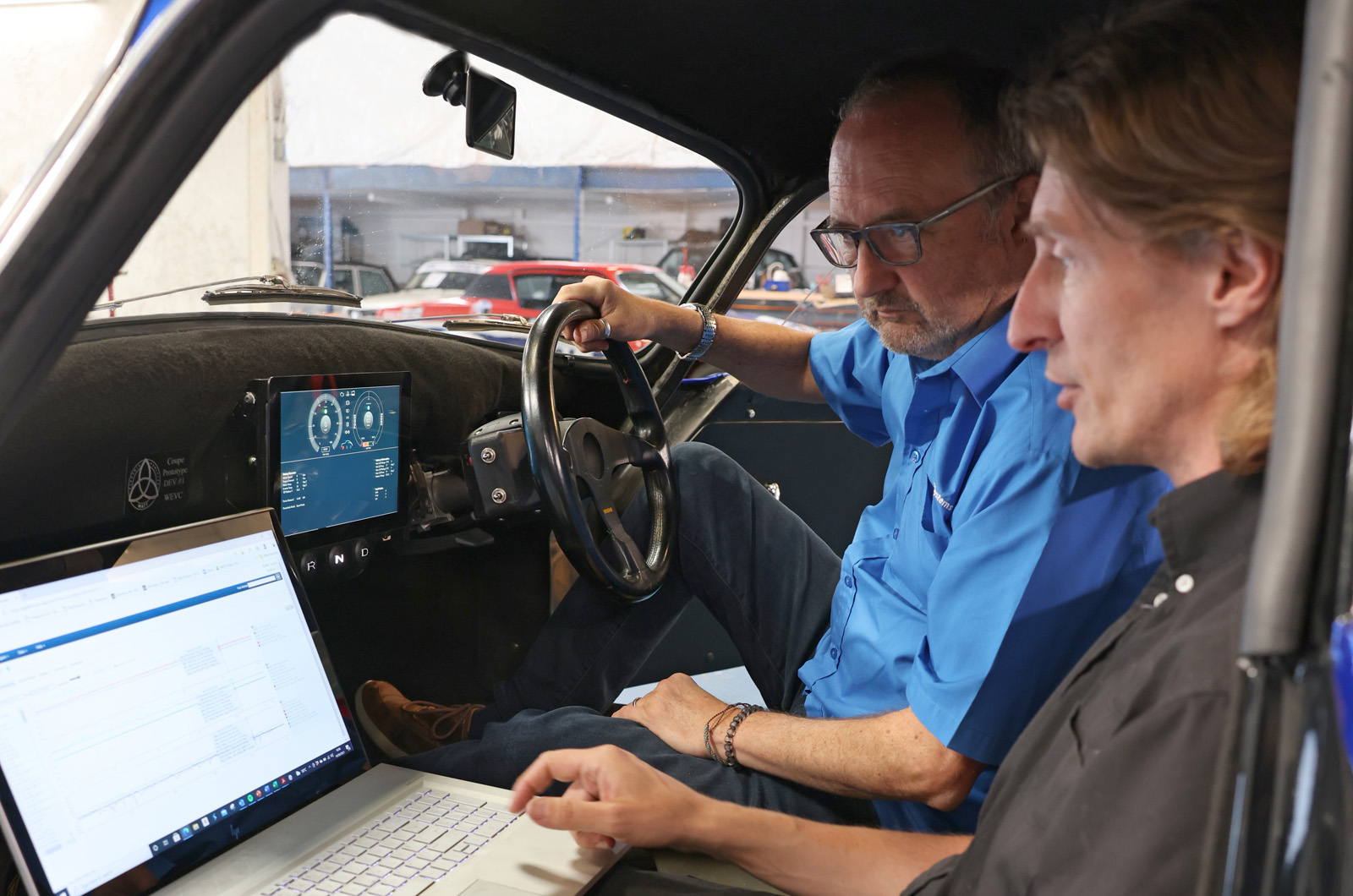
Battery analytics firm Silver Power Systems (SPS) claims it has achieved the “holy grail of battery modelling” with a new platform that can predict the usable lifespan of an EV battery.
Acknowledging that car makers’ digital simulation tools can never truly replicate the real-world degradation of an EV battery and that different use cases have varying impacts on a battery’s health, the company has created “the world’s most advanced battery ‘digital twin'”.
Over the past nine months, it has been working on a research programme dubbed Redtop (Real-time Electrical Digital Twin Operating Platform) in partnership with Imperial College, the London Electric Vehicle Company (LEVC) and JSCA, the research-and-development arm of the UK-based Watt Electric Vehicle Company (WEVC).
The project, part-funded by the Advanced Propulsion Centre, aims to develop a virtual model of an EV battery, linked to a physical counterpart, that gives “not just an unprecedented view of real-time battery performance and state of health but also the potential to enable these highly sophisticated battery models to predict battery lifespan”.
 As part of the Redtop programme, 50 LEVC TX range-extender taxis and the new WEVC Coupé electric sports car have travelled more than 500,000 kilometres, equipped with SPS’s own data-collection device, which communicates over the air with the company’s cloud-based software.
As part of the Redtop programme, 50 LEVC TX range-extender taxis and the new WEVC Coupé electric sports car have travelled more than 500,000 kilometres, equipped with SPS’s own data-collection device, which communicates over the air with the company’s cloud-based software.
The data gathered in this process has been analysed by the EV-OPS battery management platform and used by Imperial College researchers to create the ‘digital twins’.
SPS says the potential benefits of this technology are “enormous”, explaining that it can give a comprehensive overview of battery activity, highlight differences between batteries and ultimately create a ‘ledger’ that shows the battery’s health state over the life of the vehicle.
 It suggests that EV manufacturers could use the virtual-battery tool to accelerate vehicle development, fleet operators could streamline EV operations by charging and using their vehicles most efficiently and fleet owners could calculate residual values based on the predicted battery health at a given time.
It suggests that EV manufacturers could use the virtual-battery tool to accelerate vehicle development, fleet operators could streamline EV operations by charging and using their vehicles most efficiently and fleet owners could calculate residual values based on the predicted battery health at a given time.
Also of significance is the potential for battery warranties to be more accurately underwritten.
SPS chief technology officer Pete Bishop said: “Understanding how an electric vehicle’s battery is performing right now – and predicting how it will perform over the coming years – is absolutely critical for many sectors. But to date there has been a lack of data and predictive modelling has been largely lab-based.
“By combining a robust real-world trial with our EV-OPS machine-learning analytics capability through the Redtop programme, we’ve not only been able to unlock an unprecedented view of real-time battery performance and state of health but also create the world’s most advanced ‘digital twin’, enabling prediction of battery future life.”
Felix Page



